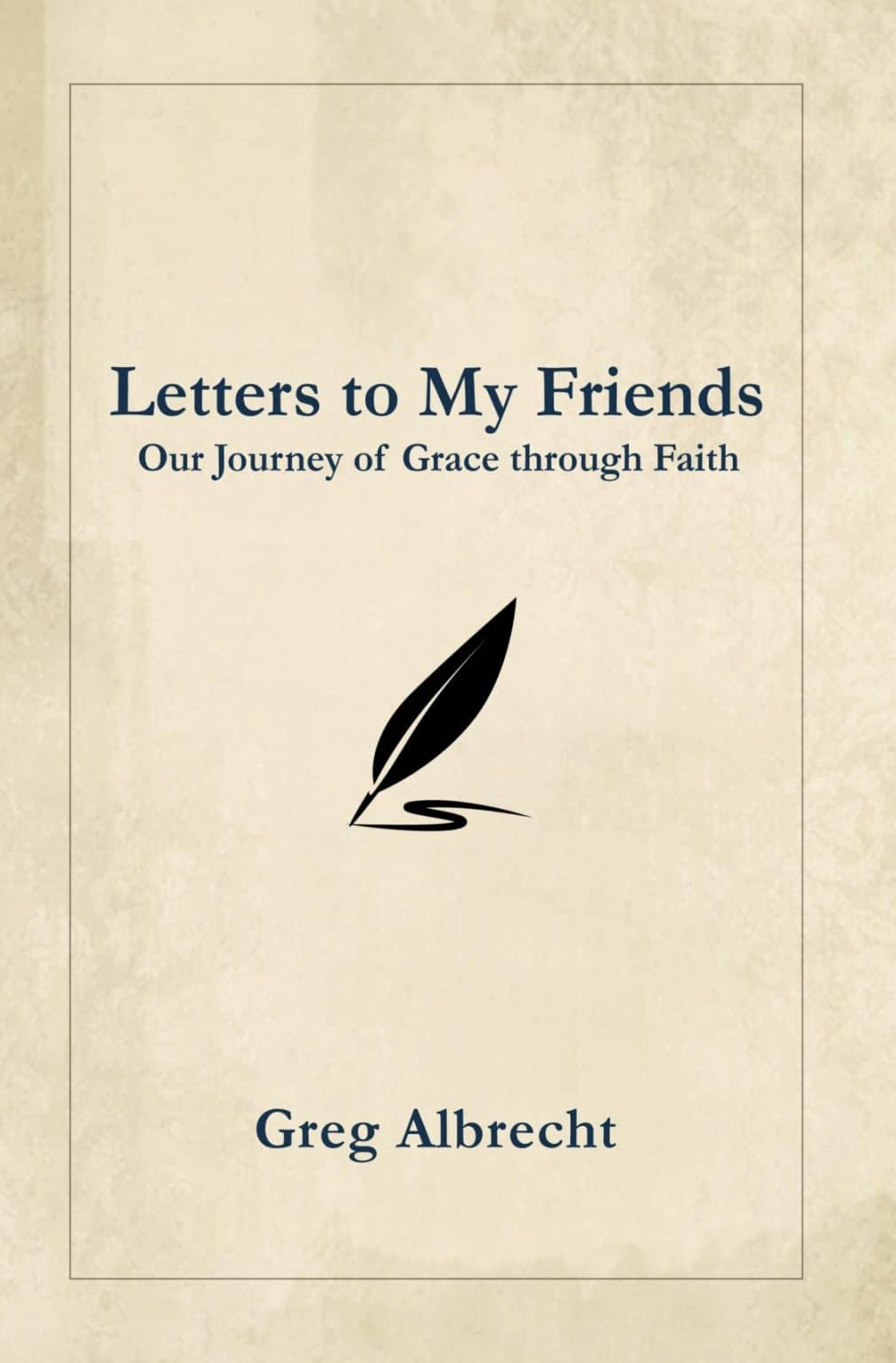Will it Hurt Less if I Can Control it? by Mike Peterson

Over the past 25 years I have taught a graduate course entitled “Human Responses to Stress,” which more aptly should be called, as I tell my students, “Human Responses to Life” because it is life events and circumstances that cause us distress. Of all the many ways we respond to stress two themes emerge as having preeminence: predictability and control.
We go to great lengths to control our lives and make them predictable. In fact, an unpredictable life is a life that is very stressful, and potentially harmful. When we drive, we like other driver’s behavior to be predictable—we want them to predictably stay on their side of the road. We also like to know what our lives will be like each and every day—habit, routine, ritual and predictability are like a warm blanket that makes us feel safe, secure and confident.
· When our lives become unpredictable.
· When circumstances happen that we do not anticipate or expect.
· When people do things or act in ways we don’t like, or don’t conform to our plans …
we will often go to great lengths to control that event, person, or circumstance. We literally seek to be the masters of our fate in an effort to restore our lives to some assemblance of manageable predictability. Although some people may have a stronger urge toward control than others, we all seek control in our lives.
So, when COVID 19 shows up on the scene (the “invisible enemy” as some have called it), it threatens our need for a predictable life. Our desire for a predictable life, one under our control, generates feelings of distress, anxiety and fear to various degrees. We simply don’t know what will happen next, because as the media and various health “experts” say, it’s a pandemic, you could die, or you could be a “carrier” and harm others.
In an effort to regain predictability we engage in all sorts of new behaviors—staying indoors, social distancing, wearing masks and washing our hands with soap or sanitizers many times a day. Governments exert control by issuing executive orders restricting travel, closing schools or reducing freedoms and movement in an effort to make the situation predictable and thereby manageable.
However, the flipside is that exerting more control can be harmful because often we don’t know enough to know how to best control the situation—and when driven by an emotion like fear, we can make decisions that do more harm than good. The cure can be more lethal than the poison.
Jesus spoke about predictability and control in the parable about a rich man who had an abundant harvest. The man says “I will tear down my barns and build bigger ones, and there I will store my surplus grain, and I’ll say to myself, you have plenty of grain laid up for many years. Take life easy: eat, drink and be merry.” (Luke 12: 16-19). The rich man was saying that he had control over his life, and it seemed to be predictable.
A predictable life makes it possible to eat, drink and be merry. But God sets the record straight—and says “You fool! This very night your life will be demanded of you. Then who will get what you have prepared for yourself?”
God asserts that life, the process of living in a physical world, by its very nature, is not entirely predictable. Despite how much we do to control it, we never gain full control. “Life Happens.” You can store up as much as you can for yourself, but ultimately efforts for control and predictability are mere illusions. We can never control all aspects of our life.
So, what are we to do? Christ answers this question in the very next verses (Luke 12: 22-32). First, he acknowledges that we will have worries, concerns and stressors in life, but then he encourages us to be rich toward God, to not be afraid, and to focus on the One who ultimately has control over our lives. It is God who is the ultimate source of control.
That does NOT mean that life isn’t stressful, or we don’t get sick, or unpredictable events won’t occur, or we shouldn’t take actions or steps that minimize risk, harm or health.
It does mean that the hurt and pain we experience in life is made less hurtful and painful when we realize that it is God that has control over our lives, and we can trust and rely on Him in times of distress. He can make the pain and hurt bearable—as the all-loving, co-suffering God, He knows our pain and helps us weather the ebbs and flows of life.
And Christ encourages us to cast all our stress and anxiety (lack of control and unpredictability) on Him because He cares for us, as Peter so aptly states (I Peter 5:7).
Will it hurt less if we can control it? Perhaps a bit— or at least under our own efforts we will create an illusion of control and predictability. But, when we cede control of our lives to God and trust in Him, we have the benefit of knowing that whatever comes our way, God is in charge and He will be with us unto the ends of the earth and beyond. This makes life less painful, and much more hopeful.
– Michael Peterson is a member of the Board of Directors of Plain Truth Ministries.









 Plain Truth Ministries | Box 300 | Pasadena, CA 91129-0300
Plain Truth Ministries | Box 300 | Pasadena, CA 91129-0300

